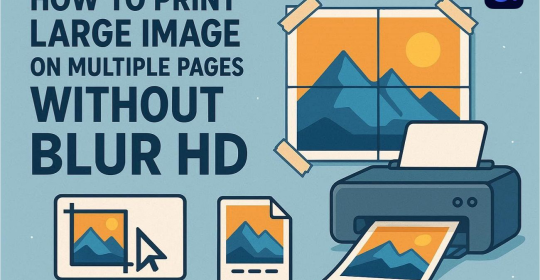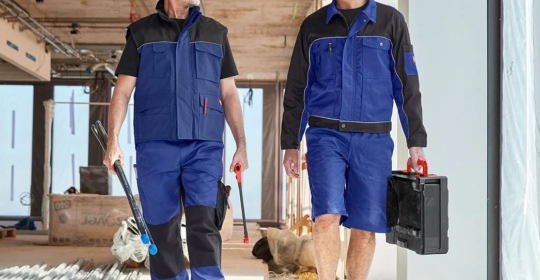In this candidate driven market, it is obvious that the candidates with the best CVs will get all the interviews. So perhaps you, the consultant, ought to be spending time dressing up their CV or advising your candidates on how to write interview-generating ones. If neither party has the time or inclination, then recommend someone who can write one for them.
Remember the CV is the candidateís personal sales tool. It is a document to use to their advantage, so tell them to do exactly that. The average reader spends 10 seconds looking over a CV before making a decision to read on or discard, so it is important that you hit them with the most important information first. They need their name and contact details at the top, but they donít need any further personal details at this stage. So next, why not write a few lines on a profile of them, or their key skills? This then gives a brief synopsis, which should entice the recipient to read more.
For recent graduates (those with up to 1-2 years post-graduate experience), they might like to include their education next, as this might still be an important ìselling pointî over their peers. However, for most people the next section should be their employment history, with the most recent position appearing first. After all, what they did 15 years ago may bear very little relevance to the work they are doing now, so bearing in mind the 10 second rule, hit them with the most relevant (recent) experience first.
Professional qualifications, education and awards should then come next; again, in reverse chronological order. Then under personal details/further information you may want to include information that you didnít cover at the beginning of the CV, such as holding a driving license, any interests/hobbies and systems skills. However, if this information doesnít really ìsellî the candidate for the jobs for which they are applying, then donít put it! Conversely, if they have any interests or skills that really add something different to their CV, then make more of it in a separate section if room allows.
Finally, donít include referees unless stated in the job they are applying for as this is just a waste of space.
So what are my top tips?
1. Keep it simple, no photographs, fancy paper, folders or fonts.
2. Stick to bullet points of no more than two lines each
3. No more than 2-3 pages ñ a CV is supposed to entice the reader to interview them to find out more, not tell them their life story!
4. Avoid sentences starting with ìIî by using ìresponsible forî, ìproduction ofî, ìco-ordinatedî, and ìmanagedî.
5. Donít just list job tasks ñ Use the CV to demonstrate how their personal skills, experience, qualifications and achievements can translate into real benefits for the company they wish to join.
6. Donít include ìsocialisingî or ìgoing down the pubî as one of their interests. If they have nothing that will really add to the CV in this section, donít include it at all!
7. Donít include religious or political beliefs ñ this is fine when applying for a job requiring someone of a particular religious denomination or political bias, but is better left off unless you are certain that the recipient of the CV will be broadminded or have the same beliefs as them.
8. Donít leave gaps in the CV ñ if they have had a year travelling or similar, it is better to include this than leave the reader of your CV guessing what they did with their time.
9. Use the past tense, it sounds more powerful.
If you get it right, theyíll have their pick of interviews, and hopefully jobs too, so it is worth the time and effort.
How to write the perfect CV

In this candidate driven market, it is obvious that the candidates with the best CVs will get all the interviews




